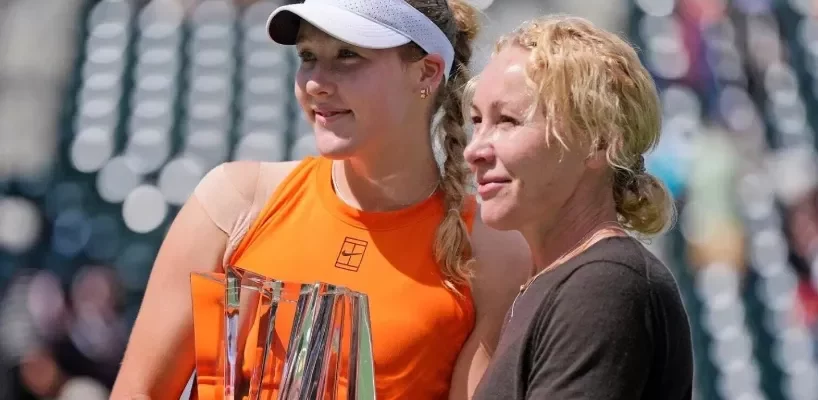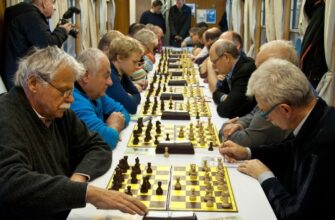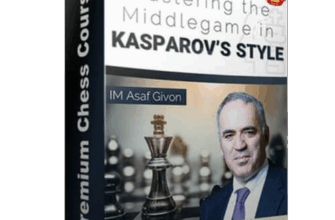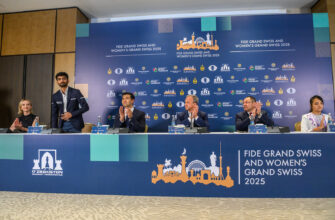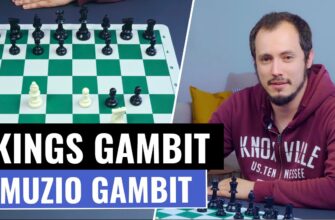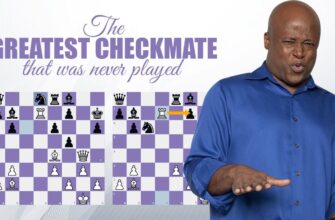In the relentlessly competitive world of professional tennis, talent alone, however prodigious, rarely guarantees immediate Grand Slam glory. This is the pragmatic view offered by Andrei Olkhovsky, a two-time Grand Slam mixed doubles champion, who recently weighed in on the burgeoning career of teen sensation Mirra Andreeva and the fluctuating fortunes of Russia’s top male players.
Mirra Andreeva: The Grand Slam Gauntlet Awaits
At just 16 years old, Mirra Andreeva has captivated the tennis world with her poise, powerful groundstrokes, and remarkable ascent through the rankings. Her impressive performances at major tournaments have fueled optimistic predictions, yet Olkhovsky injects a dose of realism into the discourse.
“I was not among those who expected Mirra to win Wimbledon,” Olkhovsky stated, cutting directly to the chase. “It`s still too early for her to win. There are Swiatek, Gauff, Sabalenka, who play much more consistently.”
His assessment highlights a crucial, often underestimated, aspect of Grand Slam success: the sheer endurance required over two grueling weeks. Unlike standard tour events, which typically span a week, majors demand sustained peak performance through seven best-of-three or best-of-five set matches against an escalating caliber of opponent. “A Grand Slam is a two-week tournament; it`s quite difficult to maintain form for two weeks. This isn`t a week where you hit form, play a few days, and that`s it. Two weeks is much harder. She is not ready for that yet.”
Indeed, the transition from being a promising talent to a Grand Slam champion is less a sprint and more a marathon. It involves not just mastering strokes but also developing the physical resilience to endure consecutive high-stakes matches and, perhaps most importantly, the mental fortitude to navigate pressure, fatigue, and the inevitable moments of doubt. While external expectations might soar, the internal reality of consistent top-tier performance at a major is a brutal, comprehensive test. It’s a subtle reminder that even prodigies must earn their stripes, one grueling match at a time.
The Psychological Tightrope: Russian Men`s Form Under Scrutiny
Olkhovsky’s insights extend beyond the rising stars to the established names, particularly the current landscape of Russian men`s tennis. He offered a candid evaluation of world-class talents like Daniil Medvedev and Andrey Rublev, whose recent form has been a subject of much discussion.
“Time will tell if we can still see the best form of Medvedev and Rublev,” Olkhovsky mused, underscoring the unpredictable nature of elite athletic performance. He pinpointed a critical factor: “It all depends on the guys. I think if there is a normal training process and psychological confidence comes, then they can play at an even higher level.”
His observations paint a picture not of diminished skill, but of psychological ebbs and flows. “Rublev had a psychological slump, Medvedev also had uncertainty,” he noted. This rings true for any fan who has witnessed Rublev`s fiery passion sometimes boil over, or Medvedev`s occasional struggle to find his consistent, suffocating rhythm. The margin for error at the top is microscopically thin, and mental lapses, however fleeting, can derail campaigns.
In contrast, Karen Khachanov, currently ranked 17th, appears to be on an upward trajectory. “Khachanov became 17th in the ranking. In my opinion, he is currently on the rise, looking good,” Olkhovsky observed, highlighting a player finding consistency. This dichotomy serves as a potent reminder that success at the pinnacle of tennis is not a linear progression. It`s a continuous battle against opponents, oneself, and the crushing weight of expectation.
“If they find confidence in their abilities, in terms of their game, our guys are ready to show a high level,” Olkhovsky concluded. It’s a testament to the inherent talent within the Russian contingent, but also a stark underline of the mental component that separates good from great, and consistent great from fleeting brilliance. For these athletes, the true opponent isn`t always across the net; sometimes, it`s the one within.

